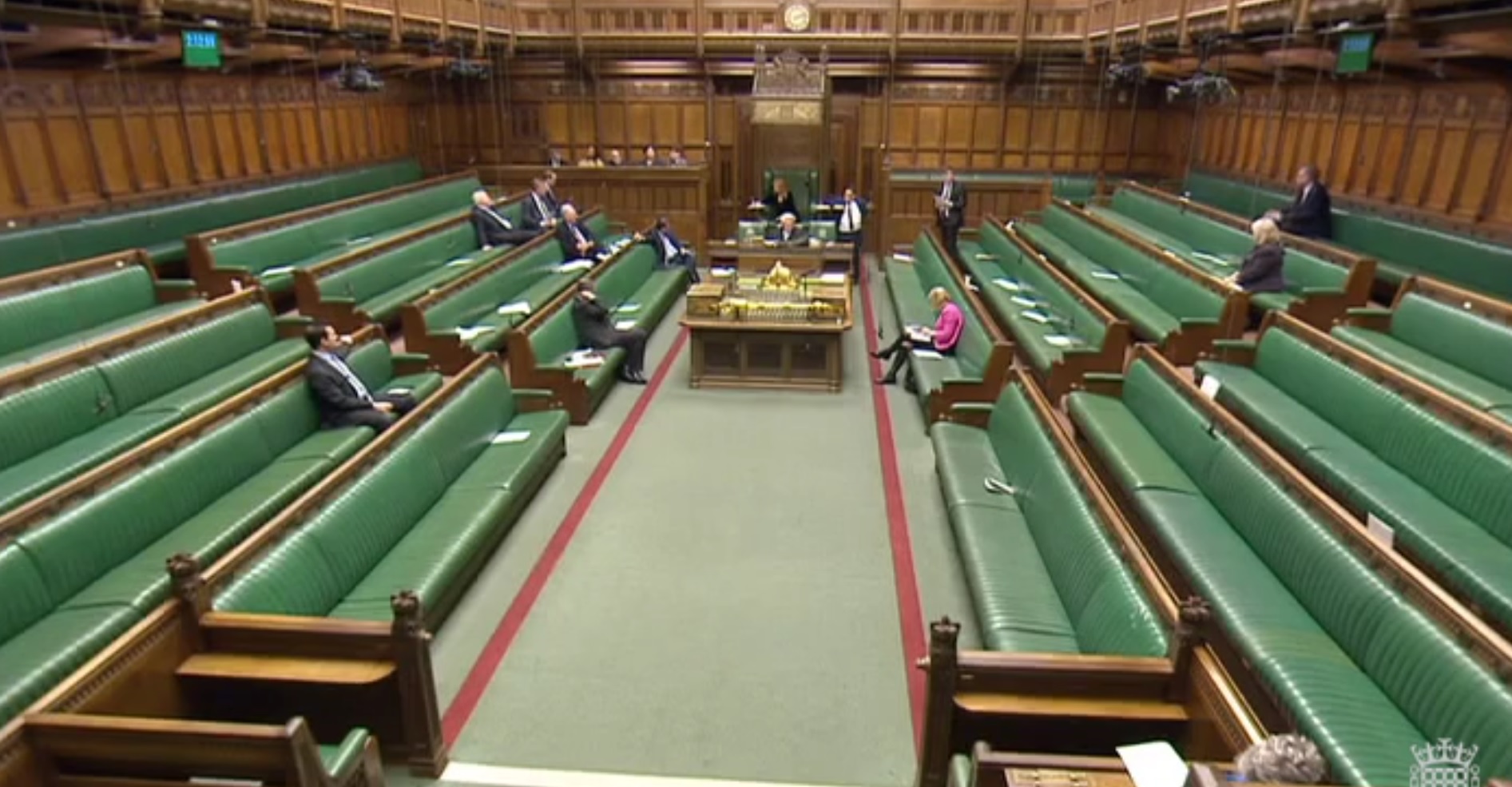 Quinton Quits!
Quinton Quits!
Mike Quinton resigned yesterday, following four years as Chief Executive of the NHBC. He was appointed to the role in October 2012, taking over from his predecessor Imtiaz Farookhi, who stepped down on 28 February 2012 after 14 years in the role.
 The NHBC statement said: “From 1st February the current Chairman, Isabel Hudson, (e mail: ifhudson@nhbc.co.uk)will become Executive Chairman and Neil Jefferson, Business Development Director, will step up as Managing Director until a permanent successor has been appointed.”
The NHBC statement said: “From 1st February the current Chairman, Isabel Hudson, (e mail: ifhudson@nhbc.co.uk)will become Executive Chairman and Neil Jefferson, Business Development Director, will step up as Managing Director until a permanent successor has been appointed.”
“Since his arrival in 2012, Mike has taken NHBC forward and led the organisation successfully through a period of significant growth in the new build sector, supporting builders to deliver high quality new homes.”
Mr Quinton said in a statement:
“After four years, I’m pleased to leave NHBC in a strong position and well equipped to face the challenges ahead. I leave behind an organisation making a vital contribution to the UK housing sector. NHBC is valued, trusted and relied upon by housebuilders and homeowners and I am sure the organisation will continue to flourish in the years ahead. I wish the management team and all staff the very best for the future.”
With an accountancy background, Mike Quinton joined NHBC in October 2012, “bringing a wealth of experience gained in the insurance sector.” He had previously held several senior executive management positions with major UK insurance companies, including Zurich Financial Services Group, Prudential and RBS Insurance (as MD of insurer Churchill).
Continue reading →
 As at 3 March 2017, more than 28,400 applications were submitted to the Commons petitions committee in the past 19 months.
As at 3 March 2017, more than 28,400 applications were submitted to the Commons petitions committee in the past 19 months.











 Officially at least, David Ritchie, CEO of Bovis Group, Britain’s 6th largest house builder by volume ‘stepped-down’ yesterday with immediate effect after eight years in charge. It took Bovis less than a day to remove Ritchie’s profile from its corporate website. The Evening Standard reported that “doubts over Ritchie’s position are understood to have come to a head in recent days culminating in a board meeting at which he offered his resignation to chairman Ian Tyler, who accepted.”
Officially at least, David Ritchie, CEO of Bovis Group, Britain’s 6th largest house builder by volume ‘stepped-down’ yesterday with immediate effect after eight years in charge. It took Bovis less than a day to remove Ritchie’s profile from its corporate website. The Evening Standard reported that “doubts over Ritchie’s position are understood to have come to a head in recent days culminating in a board meeting at which he offered his resignation to chairman Ian Tyler, who accepted.”
